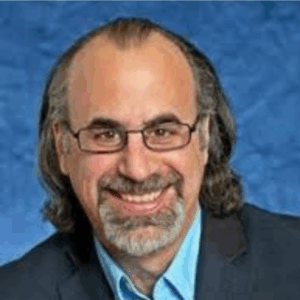
Faculty and students from the University of Central Florida (UCF) made a strong impression at the annual meeting of the Human Factors and Ergonomics Society (HFES), a premier event that brings together experts from academia, industry, and government to explore the science and practice of designing for people in complex systems. Among them was Stephen Fiore, Pegasus Professor in the Department of Philosophy.
Fiore is the principal investigator of a major research initiative funded by the Air Force Office of Scientific Research’s Space Force program, under the Department of Defense’s Minerva program. The project, conducted in collaboration with Shawn Burke of UCF’s Institute for Simulation & Training (IST) and Florian Jentsch of Psychology and IST, explores how humans solve problems and work together during long-distance space missions — a critical area of study as space agencies prepare for extended exploration beyond Earth orbit.
Several UCF students presented research stemming from this initiative. Graduate student Andres Käosaar, working with Burke, shared findings from his analysis of teamwork during NASA’s Apollo missions. His work uses archival data to understand how teams navigate complex problem solving in high-stakes environments.
Undergraduate researcher Andrea Silva, a Statistics and Data Science major with a Psychology minor in UCF’s Burnett Honors College, presented a literature review on the cognitive effects of Galactic Cosmic Radiation (GCR), a high-priority risk identified by NASA. Mentored by Fiore, Silva’s work highlights how GCR may impair individual cognition, with cascading effects on team performance during space missions.
“In addition to having the opportunity to discuss my research with others, I really enjoyed attending sessions about the use of AI for augmented cognition,” Silva said. “I learned how AI can be implemented in user interfaces for research, as well as its possible uses within qualitative studies. It was very exciting for me to see all the research posters, get to know other students, and learn what they are doing at different universities.”
Also contributing to the conference was Rhyse Bendell, a postdoctoral researcher in IST’s Cognitive Sciences Lab and recent Ph.D. graduate in Human Factors under Jentsch. Bendell’s presentation examined how individual and team cognition interact in high-demand environments, revealing that solo problem solving may outperform teamwork in certain ill-structured scenarios due to cognitive and social interference.
The collective work presented at HFES reflects UCF’s leadership in human-centered research for space exploration, with Fiore’s interdisciplinary approach bridging philosophy, cognitive science and simulation to address the challenges of future missions.